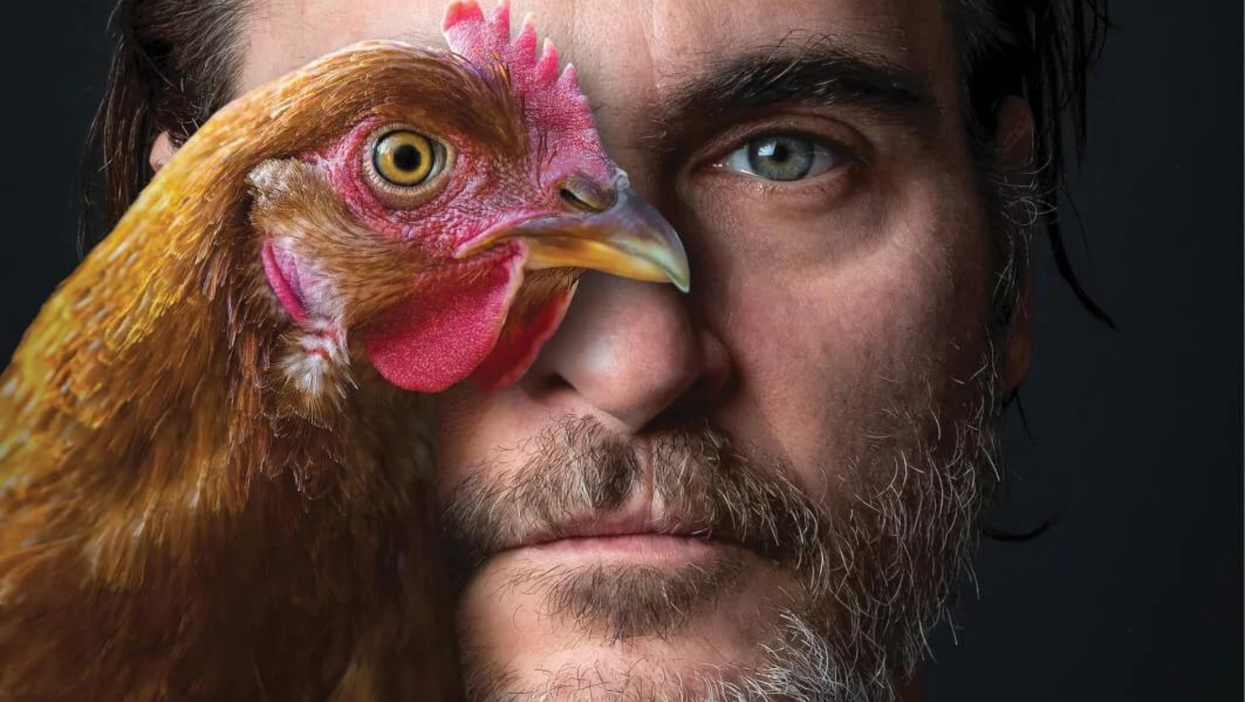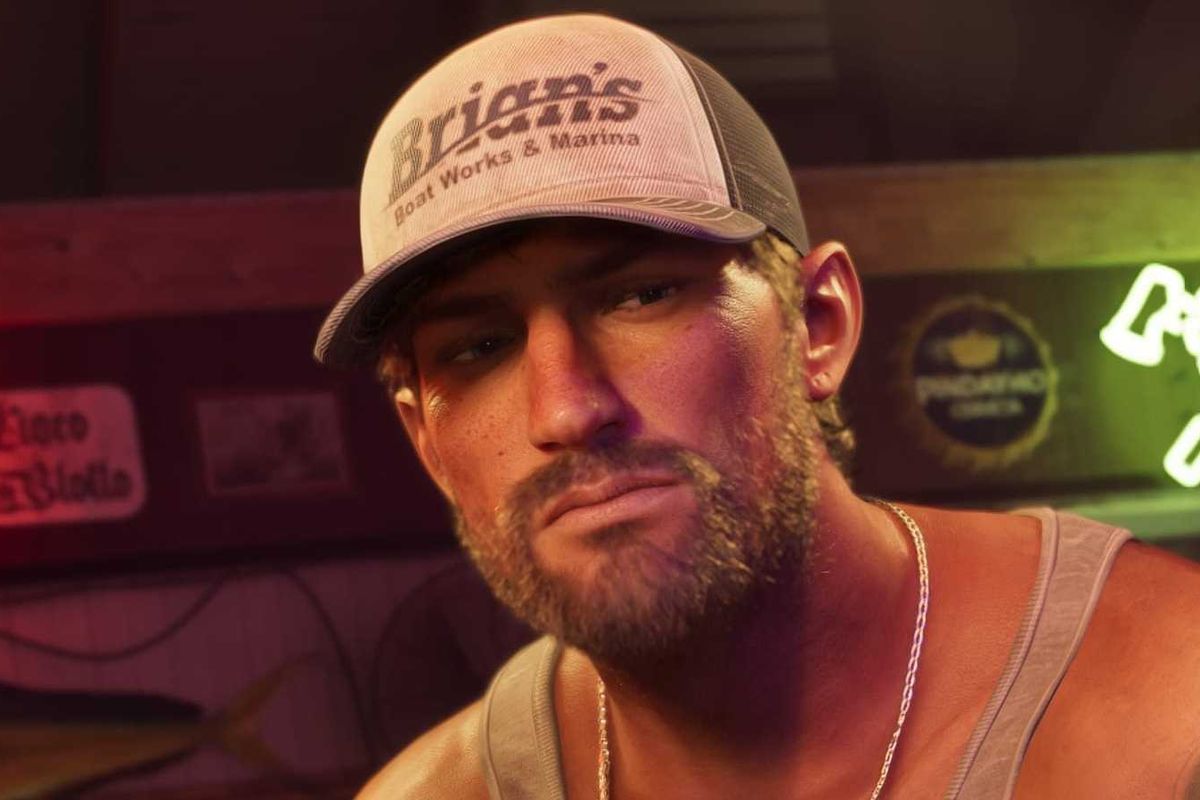Elaine McCallig
Oct 19, 2021
Actor Joaquin Phoenix is taking part in a campaign that encourages people to “live vegan” and “end speciesism”.
A successful actor and vocal animal rights activist, Phoenix has taken part in several PETA campaigns and in 2019 was named the charity’s Person of the Year.
He said: “When we look at the world through another animal’s eyes, we see that inside we’re all the same—and that we all deserve to live free from suffering.”
So qhat is PETA’s campaign with Phoenix all about, and why does he want to end speciesism?
What is speciesism?
Speciesism is the bias towards one species over another. Although the term could also be taken as being prejudiced towards one’s own species above others, it can also mean valuing one animal’s life above another’s.
On their website, PETA outlines that: “Speciesism – like sexism, racism, and other forms of discrimination – is an oppressive belief system in which those with power draw boundaries to justify using or excluding their fellow beings who are less powerful.”
To illustrate the point, PETA gives the example of someone who might cry over a sad news story about a dog, but enjoy a bucket of chicken wings. Another example they give is that, although people become livid if they hear of a dog or baby trapped in a hot car, people may not feel as strongly over pigs, sheep, cows, and other animals dying from heat exhaustion on lorries during the summer.
We’re conditioned to be this way, according to the activist group. Humans are raised to see ourselves as different, as “superior” to other animals, which “lays the foundation for exploiting them”.
What has Joaquin Phoenix previously said about being vegan?
The Joker star has been a vegan since he was three years old after seeing fish being killed on a boat.
In a 2019 interview with Brut he said witnessing the “violent” and “aggressive” way the fish were killed made it clear to him and his siblings that “that was something we didn’t want to participate in and we didn’t support.”
He continued: “To me, it just seems obvious. I don’t want to cause pain to another living, empathetic creature.”
The actor has taken part in numerous animal rights campaigns, having previously left his Screen Actors Guild celebration early to comfort pigs at a Los Angeles slaughterhouse. He also previously saved a cow and her newborn calf from a slaughterhouse.
After accepting his Academy Award for Best Actor for his performance in Joker, he said we’ve become “disconnected” from the natural world, which we “plunder” for its resources.
He said: “We feel entitled to artificially inseminate a cow and steal her baby, even though her cries of anguish are unmistakeable. Then we take her milk that’s intended for her calf and we put it in our coffee and our cereal.”
In 2020 Phoenix created a documentary, Gunda, alongside director Viktor Kossakovsky. The film centres around the lives of a pig, two cows, and a one-legged chicken.
Although he said he wouldn’t “force” veganism on his son River, he has vowed to “educate him” on what is in his food.
“I’m going to educate him about the reality,” he told the Sunday Times. “I’m not going to indoctrinate him with the idea that McDonald’s have a Happy Meal because there’s nothing f***ing happy about that meal.
“And I’m not going to tell him that it’s OK to read books about all the wonderful little farm animals, and they say ‘oink oink oink’ and ‘moo moo moo,’ and not tell him that that’s what a hamburger is.
“I’m not going to perpetuate the lie, but I’m also not going to force him to be vegan. I’ll support him. That’s my plan.”
River, born in 2020, was named after Joaquin’s late brother who died in 1993 aged 23.
What do critics of the movement say?
Not all agree with PETA’s definition of speciesism.
In a viral 2018 tweet, PETA wrote: “Just as it became unacceptable to use racist, homophobic, or ableist language, phrases that trivialize cruelty to animals will vanish as more people begin to appreciate animals for who they are and start ‘bringing home the bagels’ instead of the bacon.”
Responding to the tweet, writer Claire G Coleman said equating speciesism with racism, homophobia, and ableism is “deeply disturbing”. Others agreed with Coleman.
A similar tweet from PETA earlier this year also stoked controversy when they referred to calling someone a “chicken” as an “anti-animal slur”.
Top 100
The Conversation (0)














